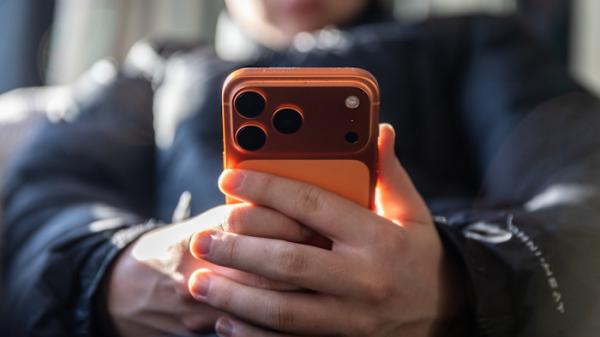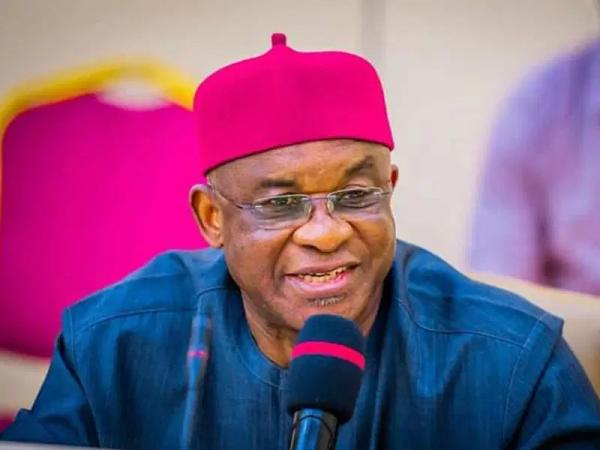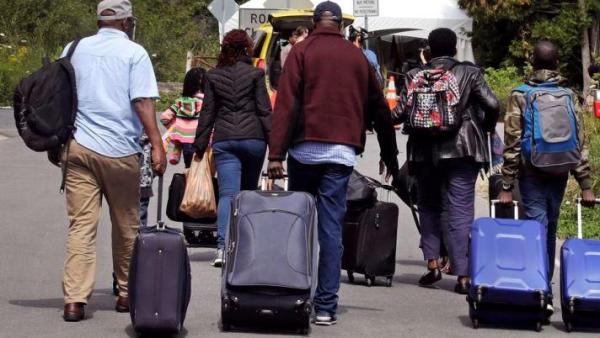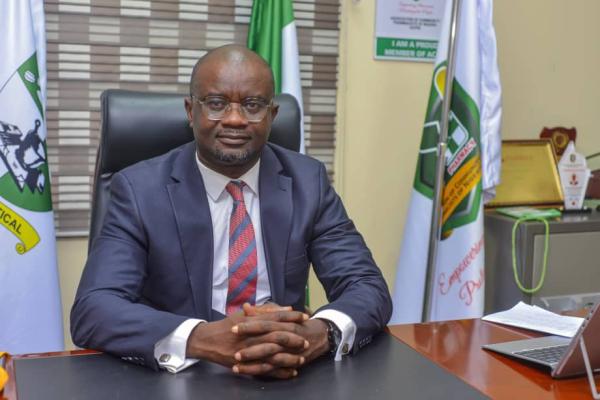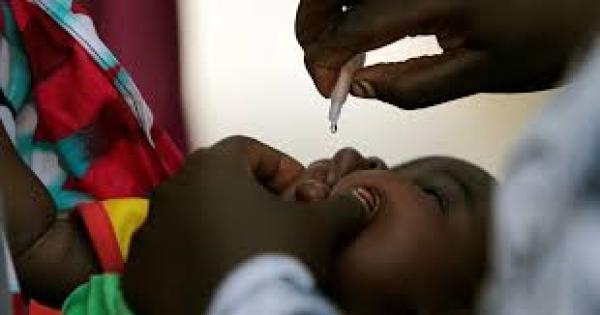
The United Nations Children’s Fund (UNICEF) has raised alarm over the growing resistance to polio vaccination across parts of Northwest Nigeria, warning that the trend poses a serious threat to the nation’s efforts to completely eradicate the disease.
According to UNICEF, about 3,000 households in Sokoto, Kebbi, and Zamfara States recently refused to allow their children to receive the polio vaccine during the just-concluded immunisation exercise.
Mr. Michael Juma, UNICEF’s Chief of Field Office in Sokoto, outlined this on Friday while briefing journalists as part of activities marking the 2025 World Polio Day celebration. He described the situation as a major setback in the collective campaign to sustain Nigeria’s polio-free status.Juma said that although significant progress had been made in improving immunisation coverage across the three states, the persistence of vaccine hesitancy in some communities required urgent attention through stronger community engagement and grassroots advocacy.
“We have just concluded an integrated polio, measles-rubella, and HPV campaign, reaching about 5.3 million children across Sokoto, Kebbi, and Zamfara States — a remarkable milestone,” he said. “However, the real challenge lies in ensuring that no child is left unprotected due to misinformation or parental refusal.”
He explained that UNICEF, in collaboration with state governments and development partners, was developing new strategies to address vaccine hesitancy. These include engaging traditional rulers, religious leaders, and respected community figures to build trust and promote acceptance of immunisation.
While praising the governments of the three states for their political commitment and active disease surveillance, Juma stressed that the fight against misinformation must be intensified, especially in hard-to-reach and resistant communities.
He also called on journalists to strengthen public enlightenment through factual, consistent reporting, describing the media as “a critical partner in shaping public opinion, countering misinformation, and ensuring every child gets life-saving vaccines.”
The UNICEF official further highlighted the importance of youth participation in community health campaigns, noting that youth advocacy remained vital in sustaining a positive culture of immunisation.
“Polio is preventable when communities work together,” he stated.
In his remarks, Dr. Faruk Abubakar Wurno, the Sokoto State Commissioner for Health, reaffirmed the state government’s commitment to maintaining a polio-free status. He said the commemoration of World Polio Day served as a renewed call to action to safeguard every child from preventable diseases.
Dr. Wurno outlined that the recent vaccination campaign in Sokoto recorded remarkable success, with 19 of the state’s 23 local government areas achieving over 90 percent coverage.
“We have made remarkable strides, but we must not rest until we reach 100 percent,” he said.
In addition, he cautioned that Sokoto’s proximity to border communities continued to pose a risk of cross-border virus transmission. To mitigate this, he said surveillance systems and border health posts were being reinforced.
he commissioner also disclosed that the state had deployed 209 midwives to 109 primary health centres and introduced a mandatory two-year rural posting policy for new health workers to improve grassroots service delivery.














